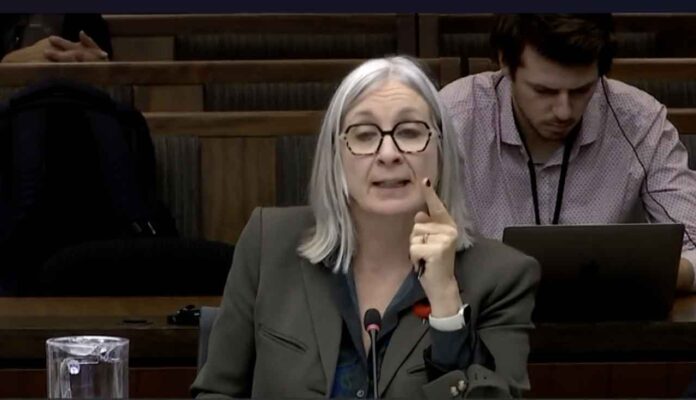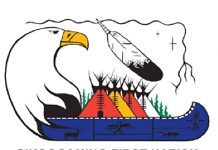Indigenous Services Canada Cleans Up Business Directory, Prompting Questions About Accountability
OTTAWA, ON – In a move to address concerns about misuse of federal procurement programs, Indigenous Services Canada removed 1,100 companies from the Indigenous Business Directory (IBD) in 2022. The directory, designed to list First Nations, Inuit, and Métis-owned businesses eligible for exclusive federal contracts, has faced criticism for lax oversight and loose self-identification rules.
Minister of Indigenous Services Patty Hajdu confirmed the removals during a House of Commons committee meeting on Tuesday, stating that the department audits the listed businesses every two years.
“Every two years the department audits the Indigeneity of businesses, just because businesses transform quite a bit between audits,” Hajdu said. “In 2022, 1,100 Indigenous businesses were removed from the Indigenous Business Directory as part of a cleanup of businesses that were registered before 2019.”
Hajdu did not specify why these businesses were removed or provide details about their eligibility at the time of registration.
Concerns Over Fraudulent Listings
The Indigenous Business Directory is a cornerstone of the Procurement Strategy for Indigenous Business (PSIB), created in 1996 to help Indigenous-owned companies compete for federal contracts. However, a joint investigation by Global News and First Nations University uncovered systemic loopholes that allowed non-Indigenous companies to exploit the program.
Until 2022, businesses could self-identify as Indigenous with minimal proof, despite long-standing warnings from Indigenous leaders about “fronts” and “shell companies” fraudulently benefiting from billions in federal contracts meant for legitimate Indigenous businesses.
Shannin Metatawabin, CEO of the National Aboriginal Capital Corporations Association (NACCA), estimates that up to 70% of the directory may be made up of businesses pretending to be Indigenous.
“What we have to do first is find out how big this problem is and what are some pathways to have a solution,” Metatawabin said, suggesting the creation of an Indigenous procurement authority to ensure program integrity.
Call for Accountability and Reforms
The revelations have prompted calls for stricter oversight and a review of the IBD. Indigenous business leaders, including the Assembly of First Nations and the Algonquin Anishinabeg Nation Tribal Council, have urged the Auditor General’s office to audit the program.
Minister Patty Hajdu acknowledged the complexities of verifying Indigenous identity and the challenges in maintaining the directory’s accuracy.
“The challenge is, of course, those definitions evolve,” said the Minister. “These are the commitments we’ve made as a government to continue to have these complicated conversations with Indigenous people as they define for themselves how to define their memberships.”
Hajdu also confirmed that the federal government plans to transfer responsibility for the directory to an as-yet-unspecified body by 2025.
Impacts on Thunder Bay and Northwestern Ontario
For Indigenous entrepreneurs in Thunder Bay and Northwestern Ontario, the removal of ineligible businesses from the IBD could mean more opportunities to secure federal contracts. Our region, which has a significant Indigenous population, could benefit from improved integrity in the procurement system, ensuring legitimate businesses access the resources meant to support their growth.
Local leaders and business owners are encouraged to engage with ongoing consultations and advocate for stronger standards to protect the program’s intent.
Future of Indigenous Procurement
The Liberal government has increased the share of federal contracts awarded to Indigenous businesses to at least 5%, representing approximately $1.6 billion annually. While this target shows promise, sustained accountability will be critical to realizing the program’s potential to uplift First Nations, Inuit, and Métis communities.
The conversation around oversight and reform continues, with Indigenous leaders emphasizing the need for stronger governance to ensure the program supports genuine Indigenous-owned enterprises.







